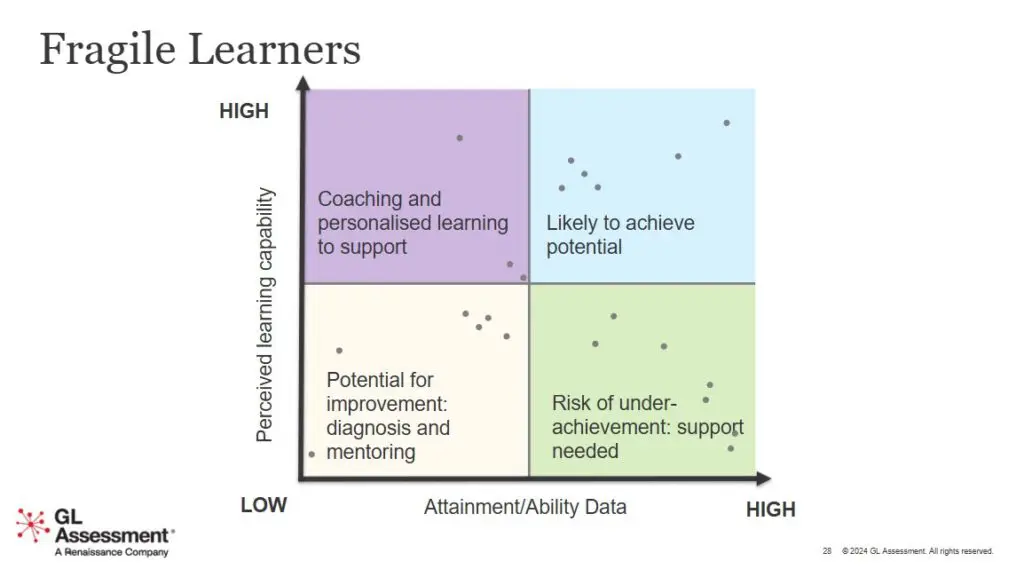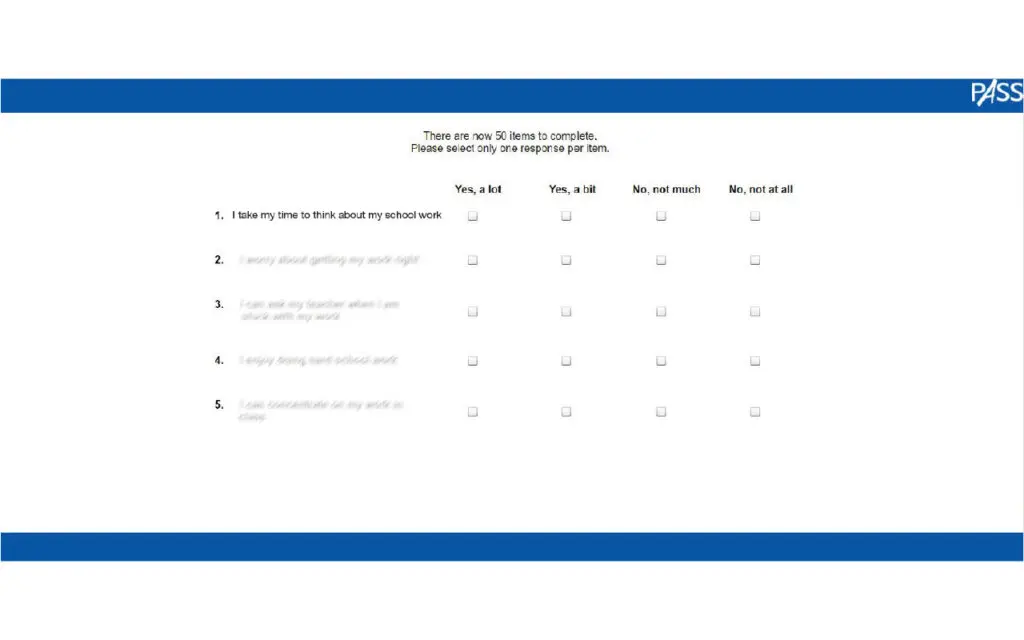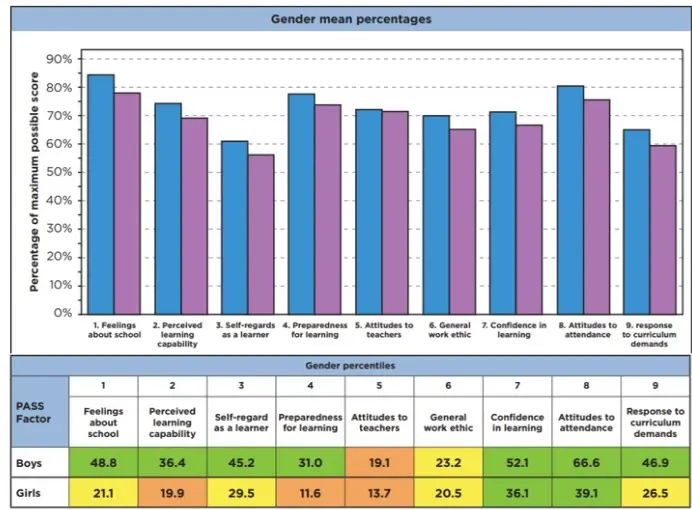Supports children’s wellbeing
PASS is a tool that helps take the guesswork out of understanding why some students are reluctant learners, why they are underachieving or why they are misbehaving.
If a child is quiet, they can go unnoticed, and underlying issues can have a serious impact on their attainment and engagement with learning. Similarly, children who are disruptive can also be disguising the true reasons behind their behaviour.
Schools consistently tell us that PASS helps to identify children they would never have suspected of needing further pastoral support.










